Over the past couple of years, we’ve been hearing more and more about postpartum depression.
More doctors are medically recognizing how common and serious this issue is. More women are acknowledging and sharing the gravity of their mental health struggles in the months that follow giving birth. For whatever reason, this has remained unspoken and taboo for too long and we’re finally seeing that covered widely. Thank God (or whatever you believe in) for that!
New mothers are already coping with an incredibly heavy load of new responsibility and life changing circumstances whilst simultaneously recovering from the physical trauma of giving birth. The hormonal changes in their bodies can cause them to sweat profusely, produce milk and fluctuate dramatically in weight. And now, we’ve finally gotten comfortable acknowledging what these hormones do to our brains.
The emotional roller coaster of postpartum isn’t some fluff about feelings. It’s real. It’s hard as hell. And it is not something mothers should be left to “get through” on their own. Much less, feel guilty about.
There is an immense shame associated with feeling depressed after bringing your “bundle of joy” home. This shame often keeps women from speaking up, asking for help or even realizing that the emotions they’re battling are, in fact, postpartum anxiety or depression. Instead, they silently suffer while warm faces approach their new baby with wide smiles. They swiftly say, “Good!”, when someone briefly asks how they’re doing before quickly turning all attention back to the new precious life they carry in their arms. Because, to be experiencing anything other than “pure bliss” and okay, maybe sleep deprivation, would be frowned upon. Judged. Considered weaker or less grateful than all the other mothers who bounce through those first few months unscathed on cloud nine. Or so they’d lead you to believe. They too, are too ashamed or dismissed to acknowledge their suffering.
In the months that followed my daughter’s birth, I certainly fell somewhere on the spectrum of Postpartum Anxiety (PPA) and Postpartum Depression (PPD). Of course, I didn’t realize it or acknowledge it until well after the fact. I coped. I got through it, but it was hard.

What’s been harder for me on this motherhood journey is something spoken about even less than postpartum depression. In the first trimester of both my pregnancies to date, I experienced Prenatal Depression. And that shit hit way harder than the postpartum hormones, to my surprise.
I’ve struggled with anxiety for most of my life, so I was certain I’d have a bad case of PPD, but while what I experienced in the months following my daughter’s birth was a significant low, it was manageable. The feelings I experienced in the first trimester of both my pregnancies? Not so much. My anxiety is generally high strung. Too much energy bubbling. Too many thoughts brewing. This was different. There were days I literally couldn’t get out of bed and sobbed the day away in a dark room. No illness or injury, not even my caesarean with complications has ever kept me in bed all day long. Something was very wrong.
The first time, my husband and my mom were the only ones that knew. They showered me with grace, understanding and patience. They also encouraged me to seek help. That’s when I found my therapist. Not just any therapist, a therapist who specialized in postpartum and yes, prenatal depression. Before finding her, and the description of specialization beside her name, I didn’t even know that what I was experiencing was a thing that truly existed or that anyone else on the planet experienced. What. A. Relief. This time? My husband, my mom and my therapist knew, because I’ve continued to speak to her over the past three years. I’m so grateful I had her as a coping tool in my back pocket while I endured a rough bout of prenatal depression for a second time.
So why didn’t I know that prenatal depression even existed before I had it? Why the secrecy? Why didn’t I share this until now, after coming out the other side of it for a second time? Why the stigma? Well, when you’re newly pregnant, the first thing people say to you is “Congratulations!” Then, if they ask you how you’re feeling at all, they expect an auto-response of some generic physical symptom like nausea or exhaustion. They’re not referring to how you feel mentally or emotionally. They already know! Surely you’re nothing but completely overjoyed and thankful! As you should be, because becoming a parent is a blessing! A miracle!
And it is. Don’t get me wrong, at no point during my bouts of depression was I not extremely grateful that I had healthy pregnancies that came easily to us. That is a privilege and a luxury that I count my lucky stars for daily. In the same breath, I felt anything but overjoyed. I was experiencing depression like I never imagined possible and I felt like a piece of shit for feeling that way, because society says I shouldn’t. I was suddenly no longer a person with feelings whose body was being thrown through a hormonal tornado to them.

I was now an expectant mother experiencing a miracle. With that came an unspoken rule that I was not to feel anything other than elated. It kept me from speaking about this until now.
We’ve finally started to accept the effects that the hormonal rollercoaster of no longer being pregnant after 9-10 months of pregnancy can have on your mental state. I haven’t done much scientific research on it, but I think it’s safe to assume the hormonal rollercoaster involved in becoming pregnant after a lifetime of not being pregnant can probably have substantial impact on your mental state as well. I hope sharing my story can help bring some awareness to prenatal depression and let those experiencing it, wondering what the hell is going on with them and feeling ashamed or guilty and let them know they’re not alone. They’re not crazy. They’re not horrible people. They are not bad mothers-to-be. They’re human and biologically changing in ways that are beyond most of our comprehension. Grace, understanding, patience and a support system to help you get through it are vital.
To hear more about my experience with prenatal depression and what coping mechanisms have helped me through my pregnancies, watch my new YouTube video. Sending you love, light and strength.
Shenae Grimes-Beech is an actor and YouTuber with a highly engaged community of like-minded women who are here to stand up for what they believe in and lean into discomfort, especially when it means doing the right thing.
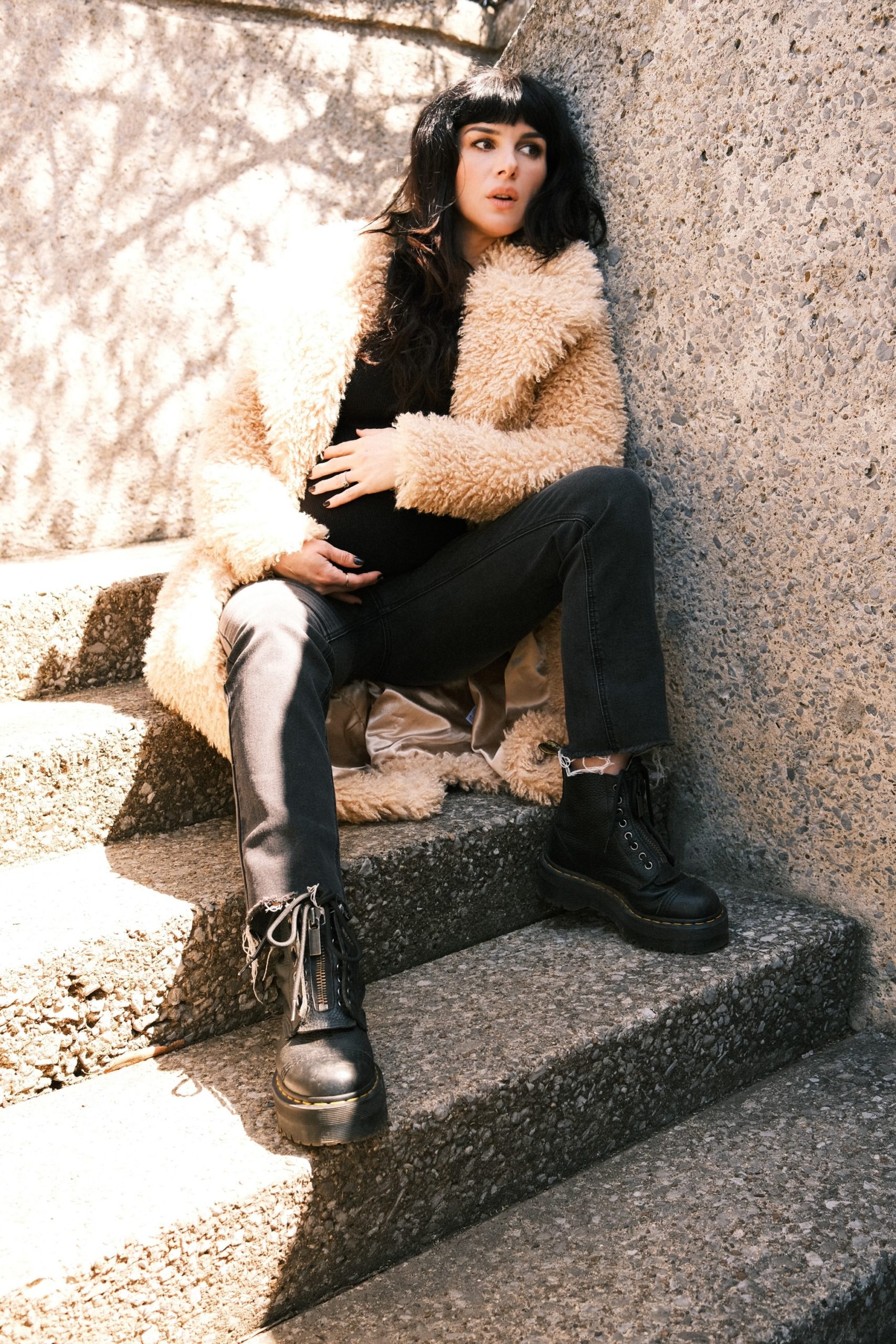
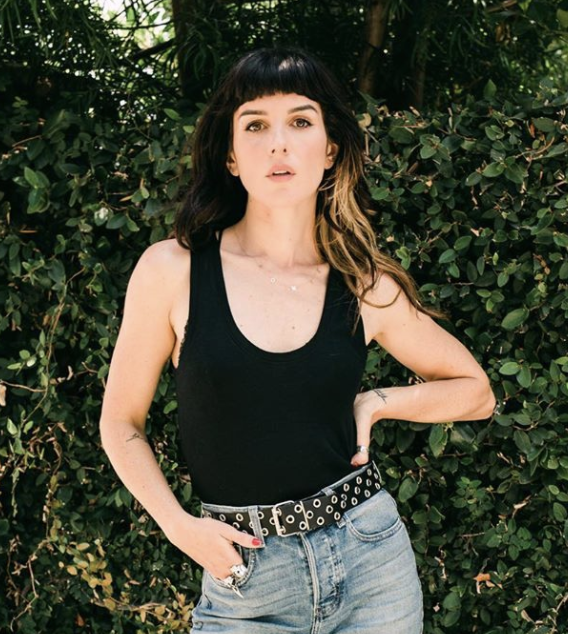

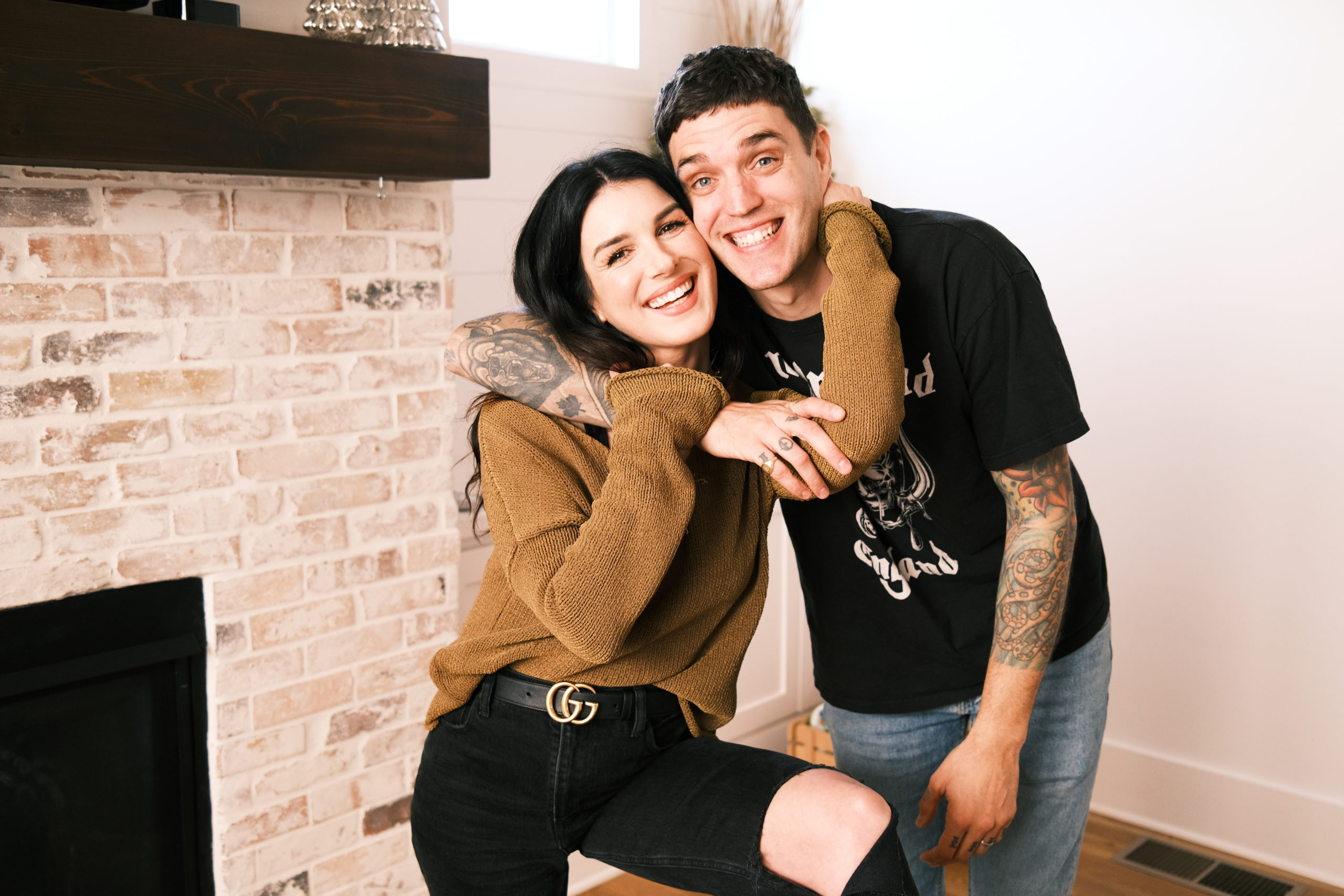
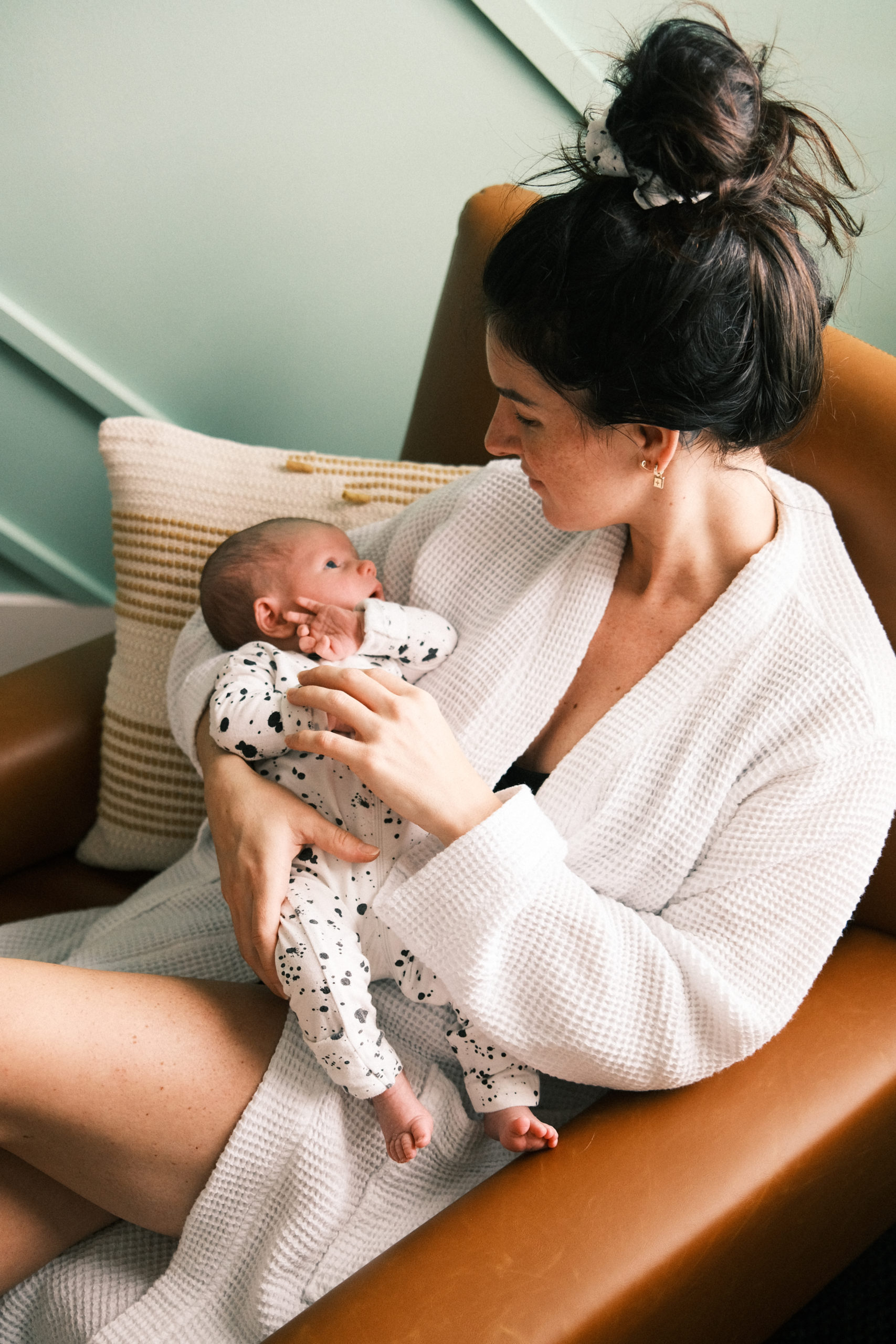
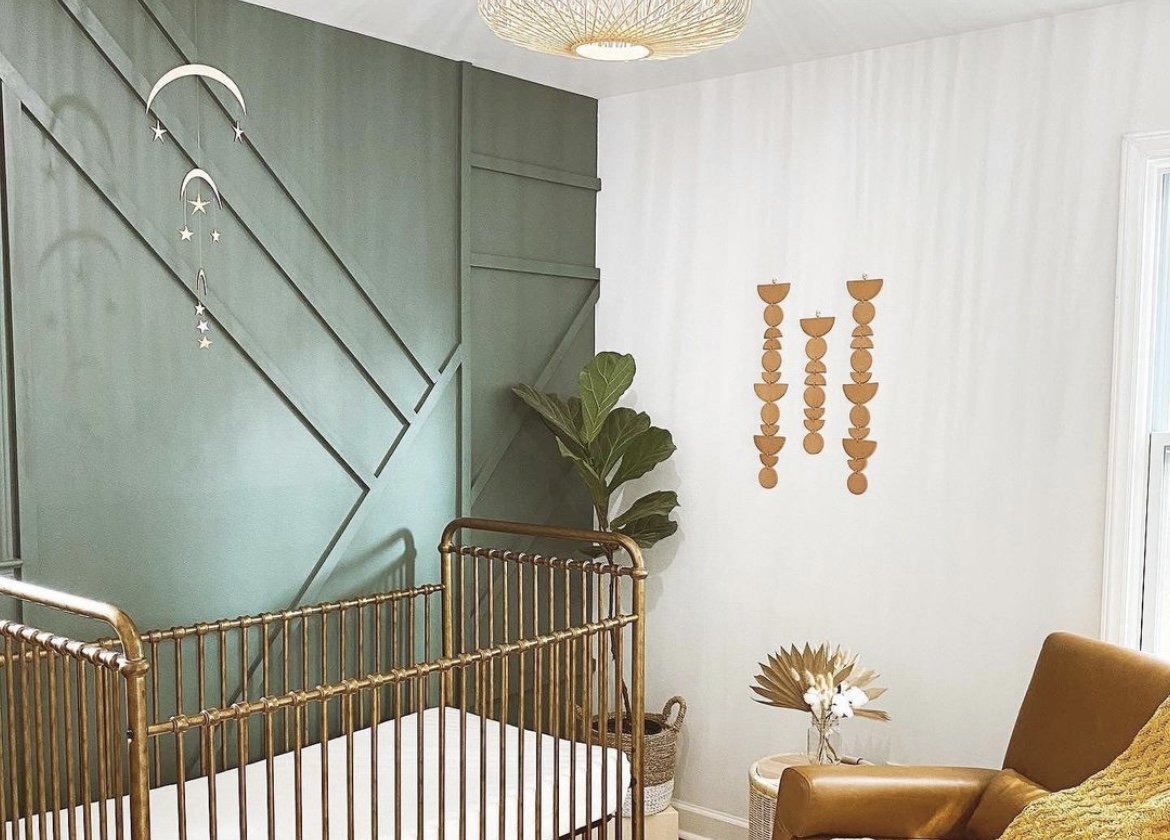

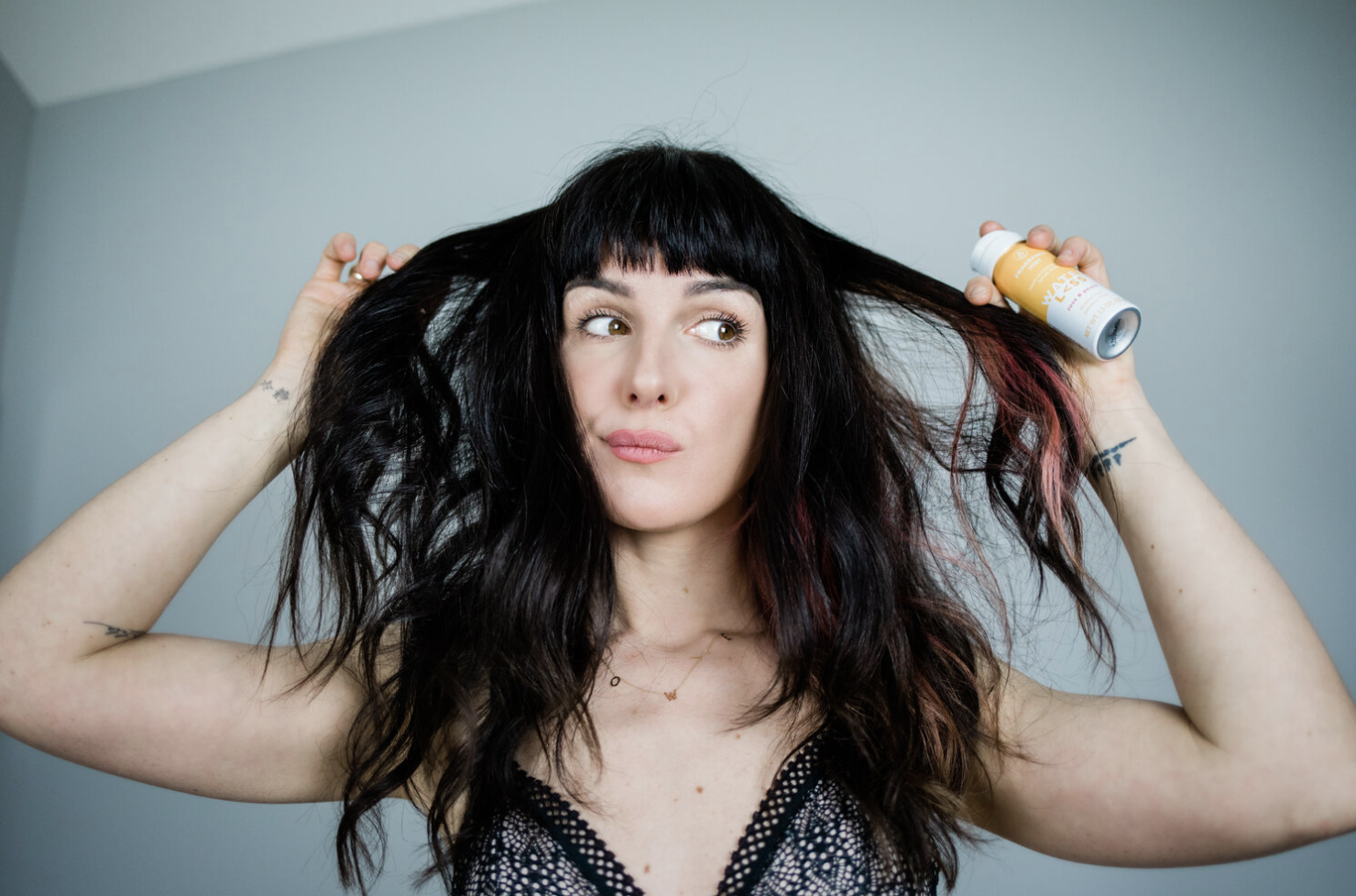


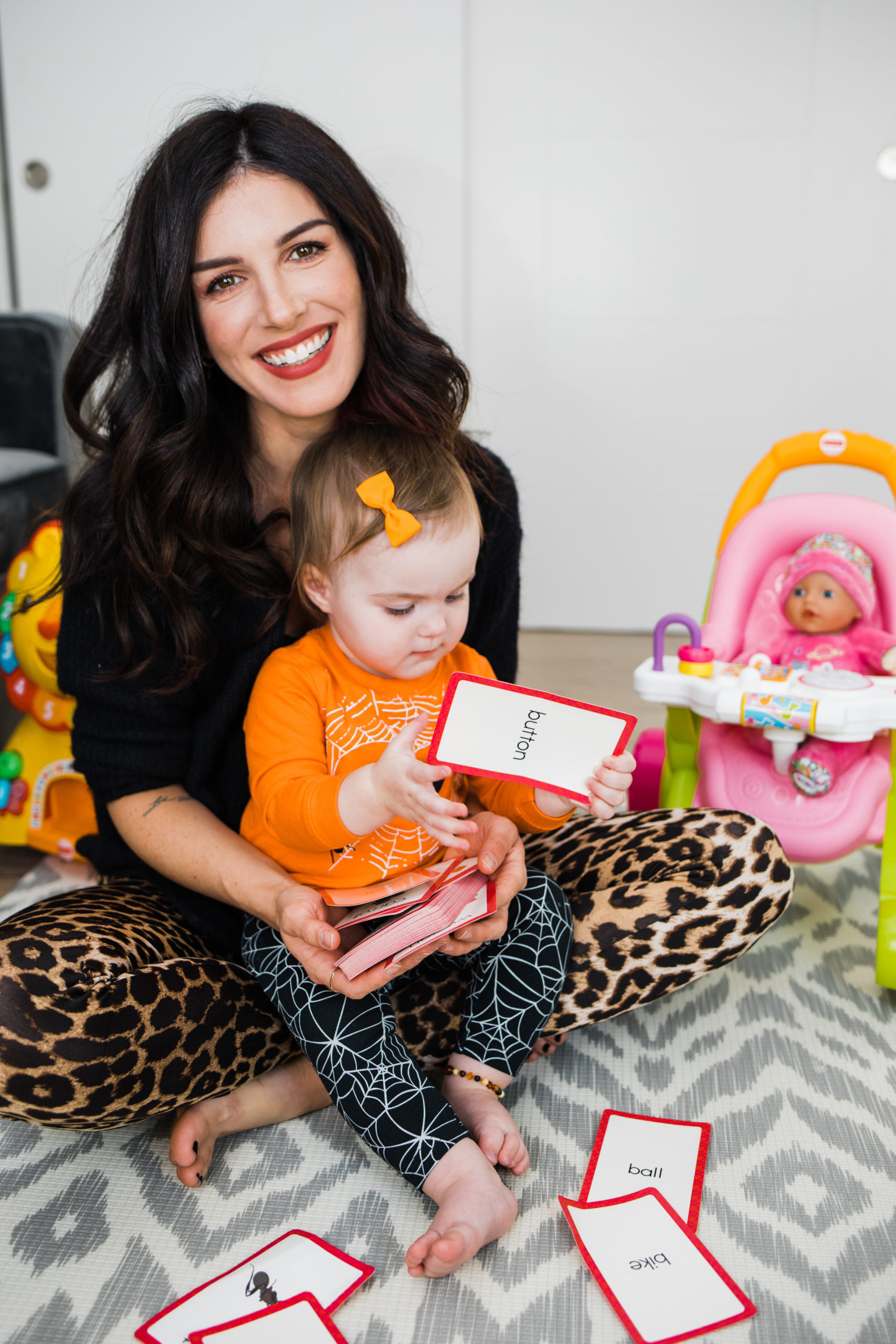
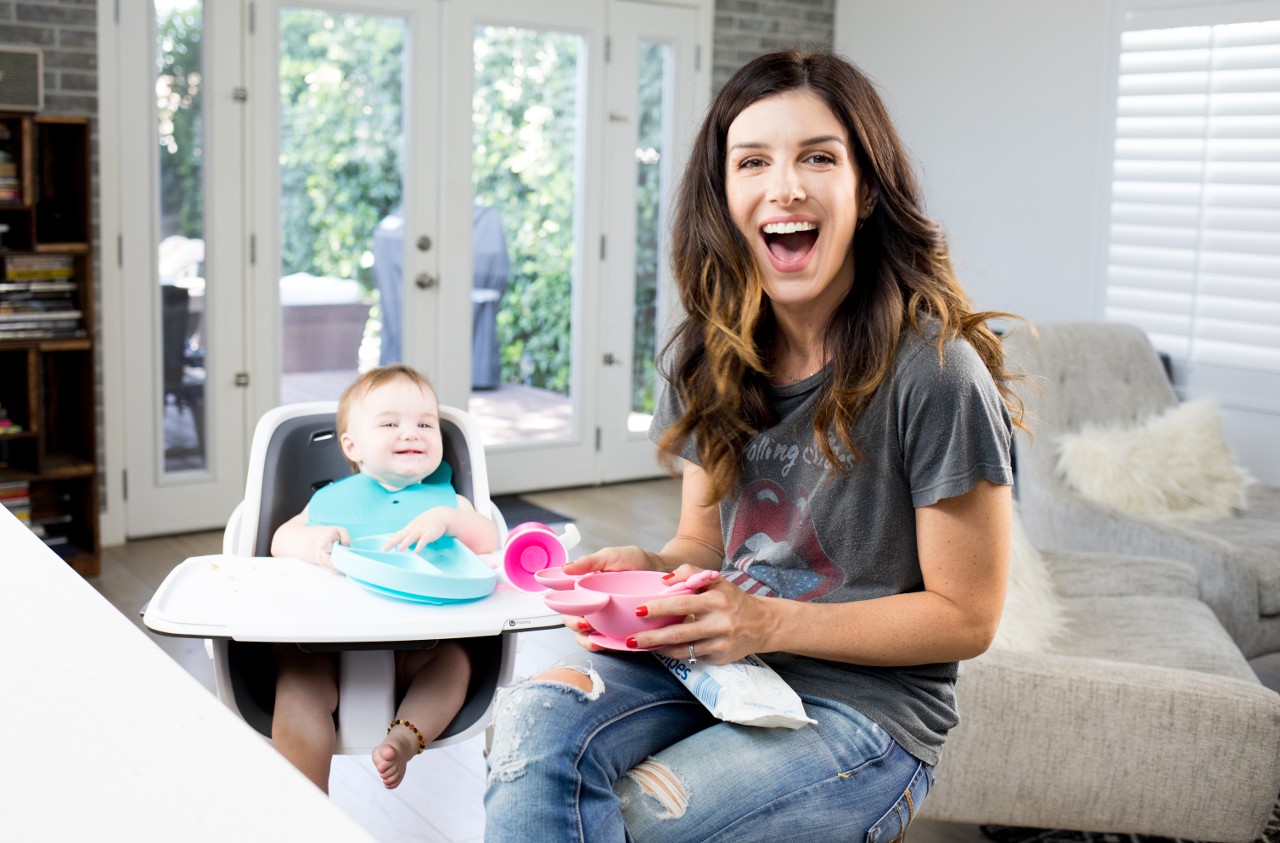
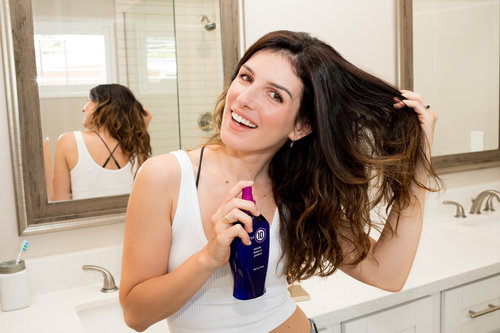
20,690 Comments on THE TRUTH ABOUT PRENATAL DEPRESSION